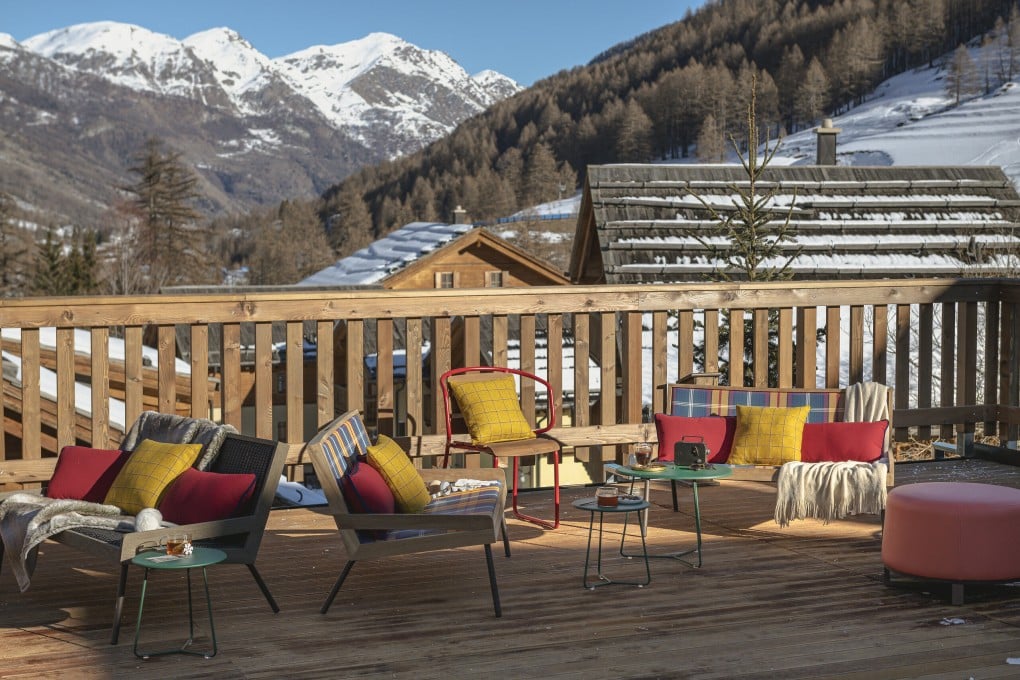China-owned Club Med reports travel demand surpassing 2019 as Singaporeans, Malaysians book snowy, premium destinations
- Resort company owned by Shanghai-based Fosun Tourism reports ‘strong rebound’ despite inflation and interest-rate pressures
- Travel operators believe the reopening of mainland China, coupled with pent-up demand everywhere, bodes well for the sector

With travel across the globe recovering, Club Med is eager to introduce more of its destinations to the Asian market, especially since China has scrapped all its Covid-19 restrictions, allowing the world’s largest population to become international tourists again after three years.
“In the Singapore and Malaysia markets, we see opportunities to develop new destinations like the French and Italian Alps, where we already doubled our revenue [compared] to pre-pandemic.”
Club Med’s confidence for global tourism reflects a common sentiment among travel operators: that the reopening of mainland China, coupled with pent-up demand everywhere, bodes well for the sector as countries dismantle anti-pandemic measures.

Fosun reported a 2.6 billion yuan (US$383 million) loss for financial year 2020, compared with a profit of 608.7 million yuan in 2019. The chain, known for its all-inclusive packages and daily activities for guests, closed all of its resorts for several months during the early stages of the Covid-19 pandemic, according to the company’s 2020 annual report.